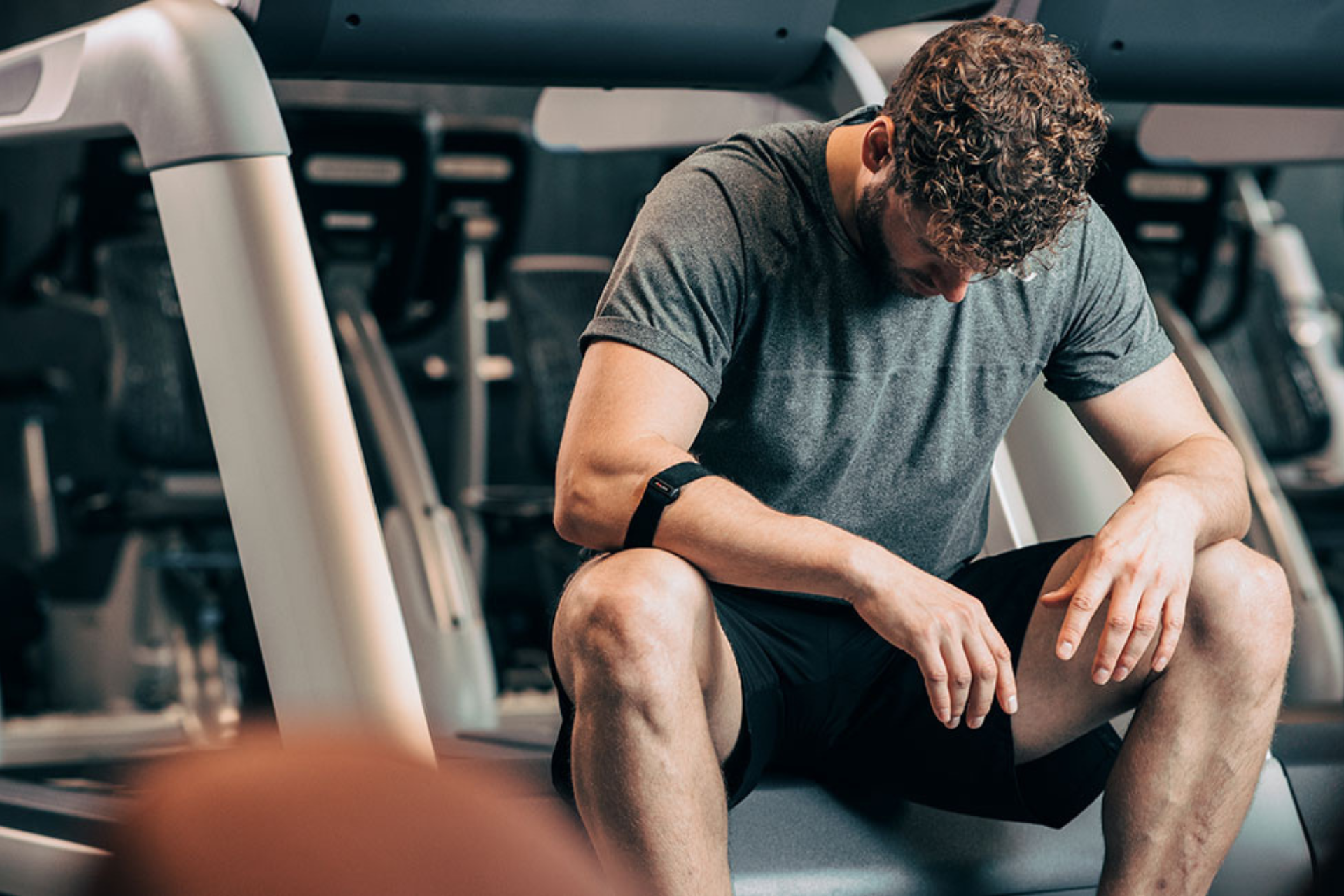
Mirror mirror on the wall, who is the fittest of them all?
This seems to be the question that everyone on social media wants answers to. The growing trend of ‘fitspiration’ has engulfed the young users and it focuses entirely on the various ways one can achieve a somewhat idealistic physique. Now, while it is great that this has encouraged a lot of people to get motivated towards physical fitness, it may have done its job too well.
A growing tide of youngsters have started focusing solely on going to the gym and building up their bodies, most of which do so without proper research or monitoring. This binge behavior is rooted in a preoccupation with their looks as well as the constant support they receive from social media. The algorithms of most apps that are being used are designed to keep the user engaged and potentially addicted by showing a bottomless feed of content that they prefer. This ranges from ads, posts and reels about fitness models, coaches and influencers. This massive influx into a teens mind leads to a complete devotion to a particular belief. In this case, they attach their identity to the prospect of being fit.
But is it really their fault?
This new generation of youngsters that is growing up alongside social media, often looks for mentorship and guidance from it. It’s only natural to use the most accessible resource to you as your reference group. This allows influencers to gain a following and a dedicated audience without having to be credible experts or well versed in the topics they speak about. As moths to a flame, these young minds will pick up on these behaviors and replicate them in their own life. It can be as a method to feel connected to people, or as an attempt to fit in with the social trends, or it can be as simple as curiosity that gets them going. The problem is not with imitating someone, but rather the lack of filtering out what is right to do and what isn’t. Especially since these influencers in lieu of expanding their fanbase, encourage extreme behaviors and challenges like diets, taking supplements, extreme fitness regimens etc. which inadvertently result in injuries, eating disorders and a negative impact on body image for the young viewers.
Young minds are impressionable, and primed towards risk taking behaviors. This trend gives them the satisfaction of both, simultaneously. This is because their brains are still under development and well, the rational bits are the ones that they don’t have yet. This leads them to seek rewards and validation externally, especially from peers that resonate with them on the things they do. While a lot of teens have had a positive growth by indulging in working out, a lot others have simply picked up on social media influencers and made it part of their identity.
Studies have shown that more time spent in engaging with such content has been related to higher social comparison levels. This means that every post and reel they come across, they use it as a scale to measure their own worth. A dissatisfactory comparison can lead to negative body image or declined self esteem and potentially develop unhealthy dietary habits.
Not only this, imbalance between physical and mental exertion has led to rise in aggressive tendencies, polarized thinking, and a decline in social skills in the growing teen population.
The solution here is not to discourage working out and nor to stop teens from using social media. These are aspects of life that are going to remain with them regardless of the age they will be at. Working out is not about building muscles or achieving a chiseled physique. All it does is help you maintain a fit and flexible body. It enhances your wellbeing and is essential to the health of an individual. Rather we should focus on developing healthier ways for them to indulge in these activities.
- Teach them to limit and critically think about what they see online. Follow only what suits you and is reasonable in nature.
- Educate them to research scientifically on dietary habits, workouts and the use of supplements.
- Encourage them to balance out their physical activity by also indulging in creative and mentally exciting activities.
- Build and teach them to maintain a support system of peers that they can rely on.
- Treat working out and gymming as a form of expression and not a medium to achieve an ideal self.
- Remind your teens that body shape and size are not defects and needn’t be changed.
Social media will continue to be a massive dumping ground of everyone’s opinions. Rather than demonizing it or reprimanding the young teens for being curious, let’s make strides in giving them the best of both worlds.
Working out is best when it works out for you!
By Akhil Badheka
Akhil is a psychology student with a bachelors degree and is a writer at heart too. Creative, articulate and curious; he’s eager to explore more about the ‘Whys’ and ‘Hows’ of human behavior and wants to make an effort in making the field more approachable for everyone.
